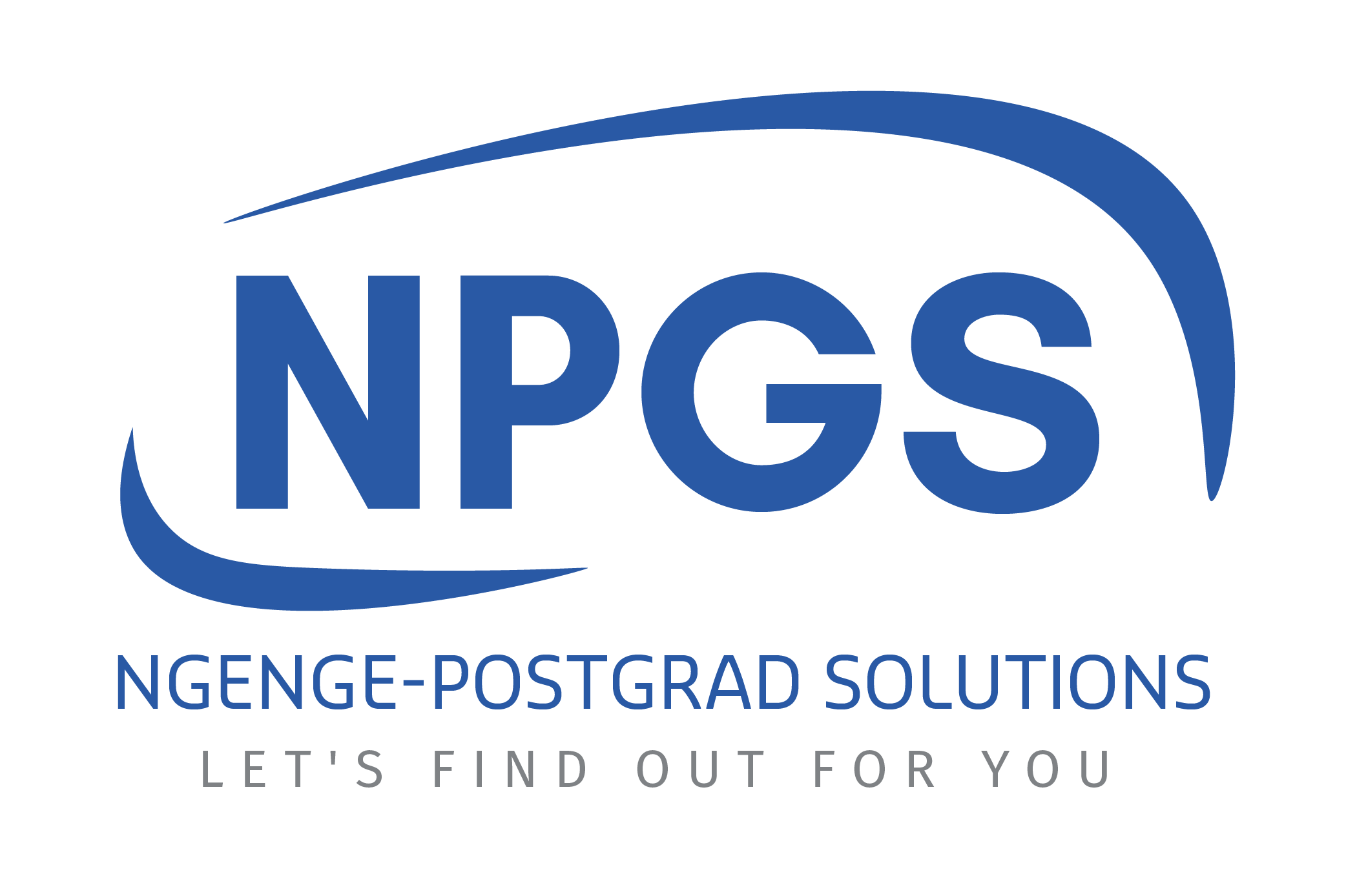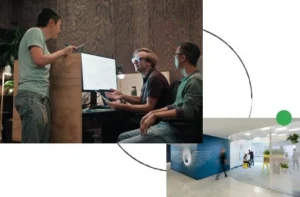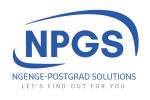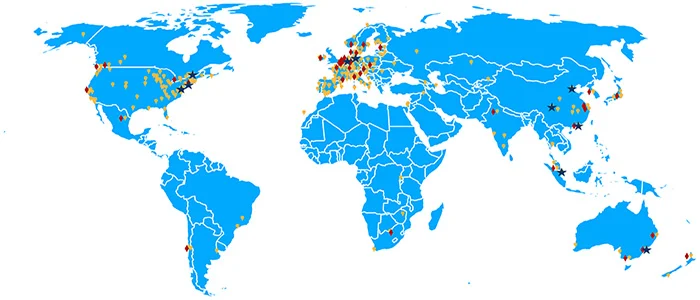NGENGE-POSTGRAD SOLUTIONS IS HERE TO HELP YOU: NPGS has an Application Help Service with a team of highly experienced professionals to help you find a position or prepare a CV or Cover Letter. Our professional experts can also apply for you from A to Z.
Application Deadline: October 15, 2022.
Details:
- Host country: Japan
- Host Institute: Okinawa OIST Institute of Science and Technology
- Opportunity: Fully funded training
- Duration of training: 2-6 months
Students in Bachelor and Master program or recently graduated interested in joining the OIST PhD program may undertake educational activity at OIST as a Research Intern. A research internship at OIST provides students with experience working in a research environment under the direction of OIST faculty.
Research Intern places are awarded twice a year on a competitive basis. Selection is highly competitive, and depends on suitability of the intended research, academic background, available funding and space. Not all available positions will necessarily be filled. OIST strives to create and maintain an inclusive, equitable, and diverse environment that does not discriminate against gender, gender identity, gender expression, age, sexual orientation, mental or physical disability, medical condition, race, ethnicity, ancestry, culture, national origin, religion, or marital status. Applications from women and other underrepresented groups are strongly encouraged
Eligibility:
Those eligible to apply for the OIST Research Internship Program include excellent students who are in the final 2 years of the undergraduate or Masters programs in universities, colleges, junior colleges, and vocational schools in Japan or overseas, or graduates of such institutions. Currently enrolled students must have approval from their home institution. Academic background of applicants should be appropriate to their desired host unit(s) at OIST.
Research Interns who belong to a Japanese university/institution are required to prepare and bring their own insurances when accepted to the OIST Research Internship program. Acceptable insurances are the combination of Gakkensai and Gakkenbai, or other insurances with similar coverage.
Benefits:
- Student living allowance will be provided, 2,400 JPY per day (excluding weekends)
- Round trip travel expenses will be provided for research trainees.
- Research interns will receive subsistence expenses.
- Insurance
- The visa
- Mobility
Available Fields:
- Nonlinear and Unbalanced Physics
- Quantum systems
- Evolutionary Genomics
- Fluid Mechanics
- Femtosecond spectroscopy
- Computational Neuroscience
- Neural arithmetic
- Biodiversity and Biotic Complexity
- Electronic and Quantum Magnetism
- Mathematics, Mechanics, and Materials
- Embodied Cognitive Science Unit
- Neural Coding and Brain Computation Unit
- Behavioral and Sensory Neuroscience
- Continuity Physics
- Igor Goryanin biological systems
- Theoretical physics
- Immune signals
- Organic optoelectronics
- Coordination and Catalytic Chemistry
- Membrane unit
- Quantum dynamics
- Membrane cooperation
- Neuroimaging
- Protein engineering and evolution
- Genomic and Regulatory Systems Unit
- Information Processing Biology
- Developmental Neuroscience
- Ecology and Evolution
- Physics and Biology
- Marine Biophysics
- Quantum gravity
- Light-Matter Interactions for Quantum Technologies
- Quantum Materials Science
- Biological complexity
- Numerical simulation of laminar and turbulent complex flow.
- Marine climate change
- Plant Epigenetics
- Quantum matter theory
- Micro / biofluids / nanofluids
- Quantum wave microscope
- Cell Biology
- Nonlinear analysis unit
- Representation theory and algebraic associations unit
- Biophysics theory
- Experimental Quantum Information Physics
- Synaptic cellular and molecular function
- Chemistry and Biochemical Engineering
- Memory Research Unit
- Cognitive Neurorobotics
- Trauma, Solton and Disturbance Unit
- Gravitation, quantum engineering, and field theory
- Human Developmental Neuroscience
- Nerve rhythms in motion
- Developmental Neurobiology Unit
- Neurobiology research
- Cryo-electron molecular microscopy
- Cell signaling
- G0 cells unit
- Neural Mechanisms of the Critical Period
- The chemistry and engineering of nucleic acids
- Soft material inspired by the vitality







